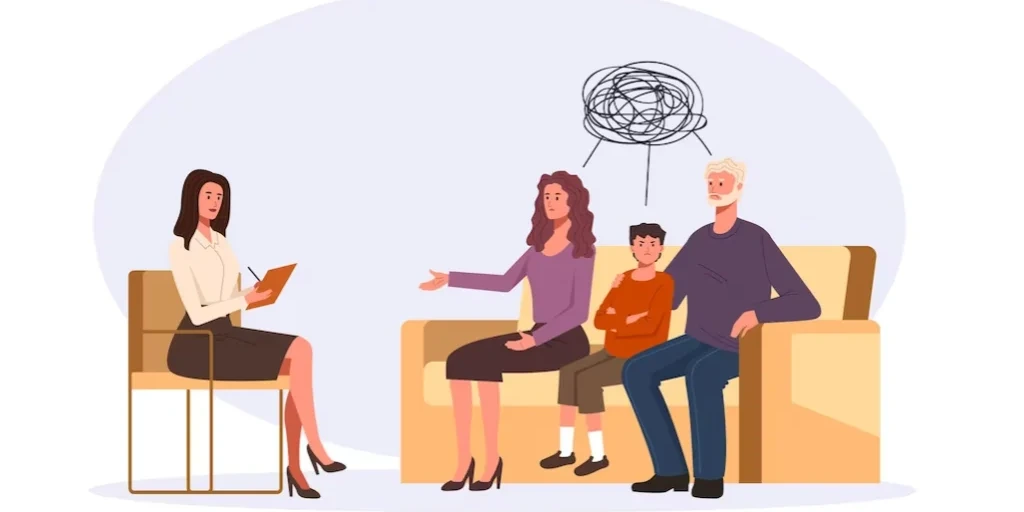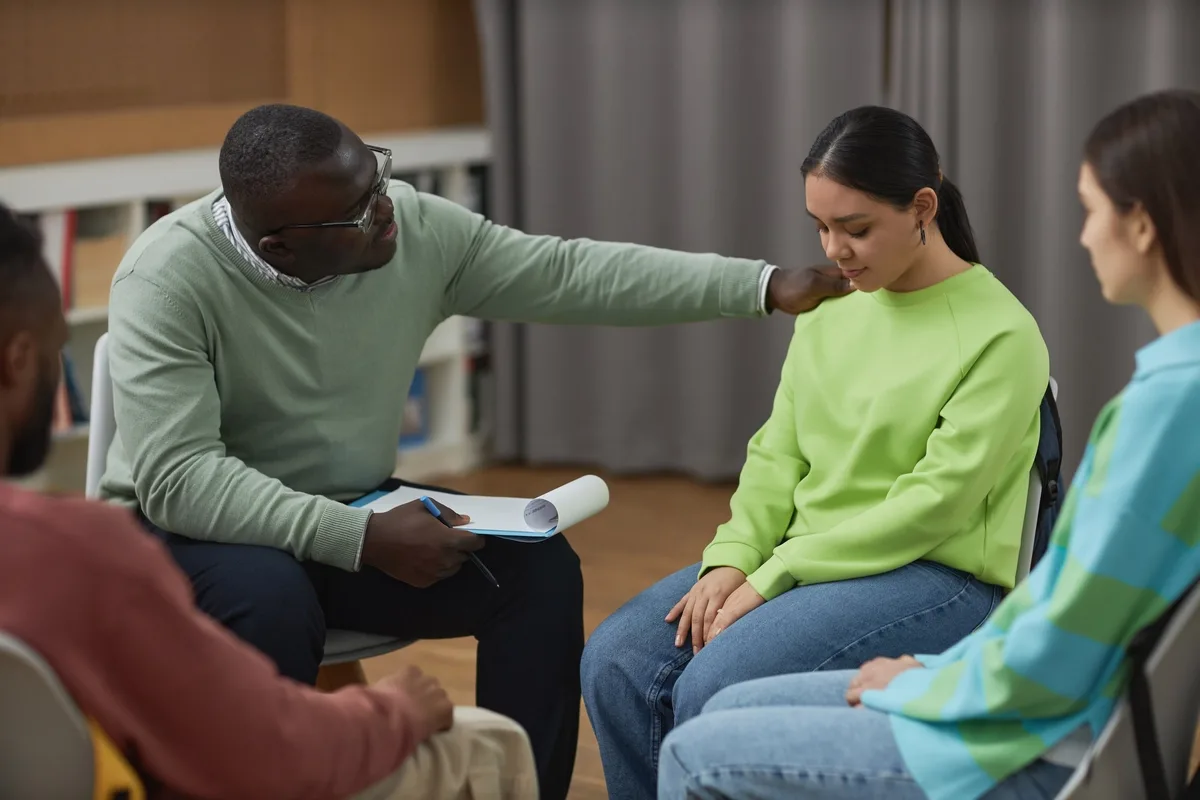24/7 Helpline:
(866) 899-221924/7 Helpline:
(866) 899-2219
Learn more about Fentanyl Rehab centers in Peachtree City
Other Categories in Peachtree City

Other Insurance Options

Self-pay options

Holman Group

Humana

Aetna

Anthem

Magellan

Molina Healthcare

Evernorth
Beacon

Carleon

MVP Healthcare

BlueShield

EmblemHealth

Private insurance

Amerigroup

Ambetter

Health Choice

Optum

MHNNet Behavioral Health

Highmark

Georgia Addiction Treatment Center
Georgia Addiction Treatment Center (GATC) is a CARF-accredited drug and alcohol rehab located in Pea...

Grace Harbour
Grace Harbour is an outpatient mental health clinic that serves individuals from all ages in a holis...





Turning Point New Directions
Turning Point New Directions is a counseling clinic located in Tyrone, GA. Turning Point New Directi...

The Insight Program
The Insight Program is a private rehab located in Tyrone, Georgia. The Insight Program specializes i...

Pyramid Healthcare – Pine Ridge Manor Halfway House for Men
Pyramid Healthcare - Pine Ridge Manor Halfway House for Men is located in Tyrone, Pennsylvania. Pyra...
































































